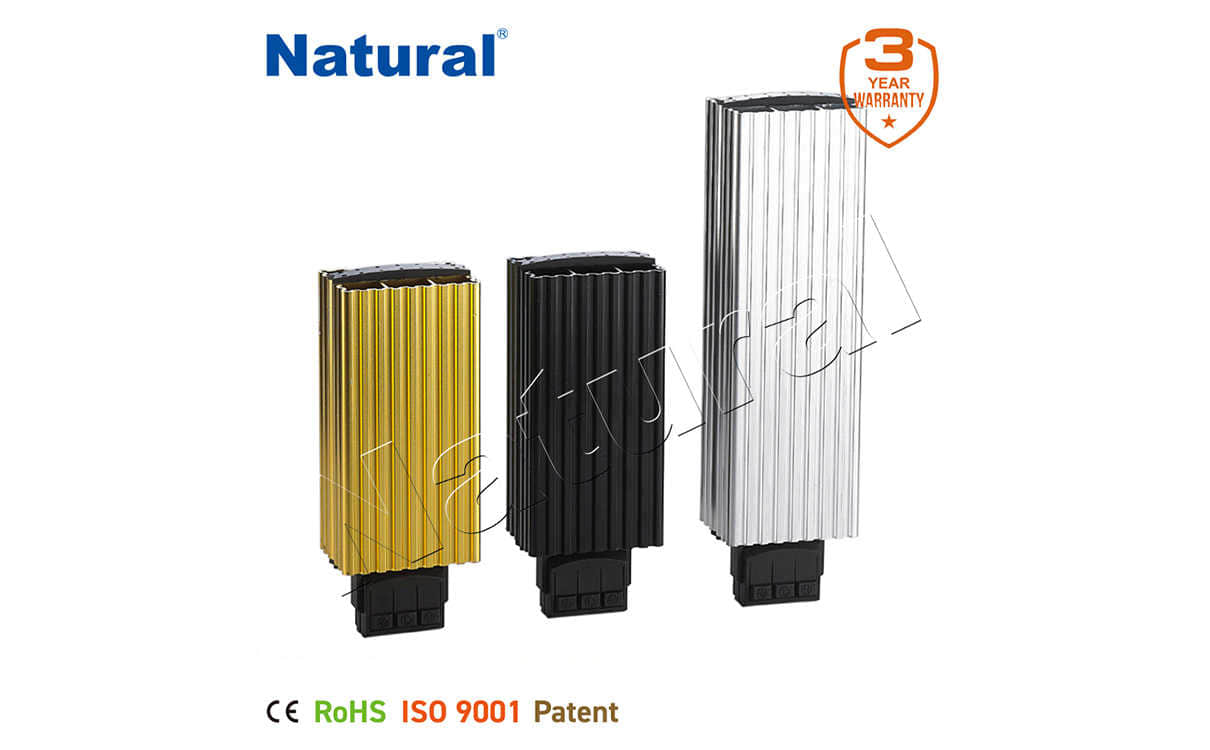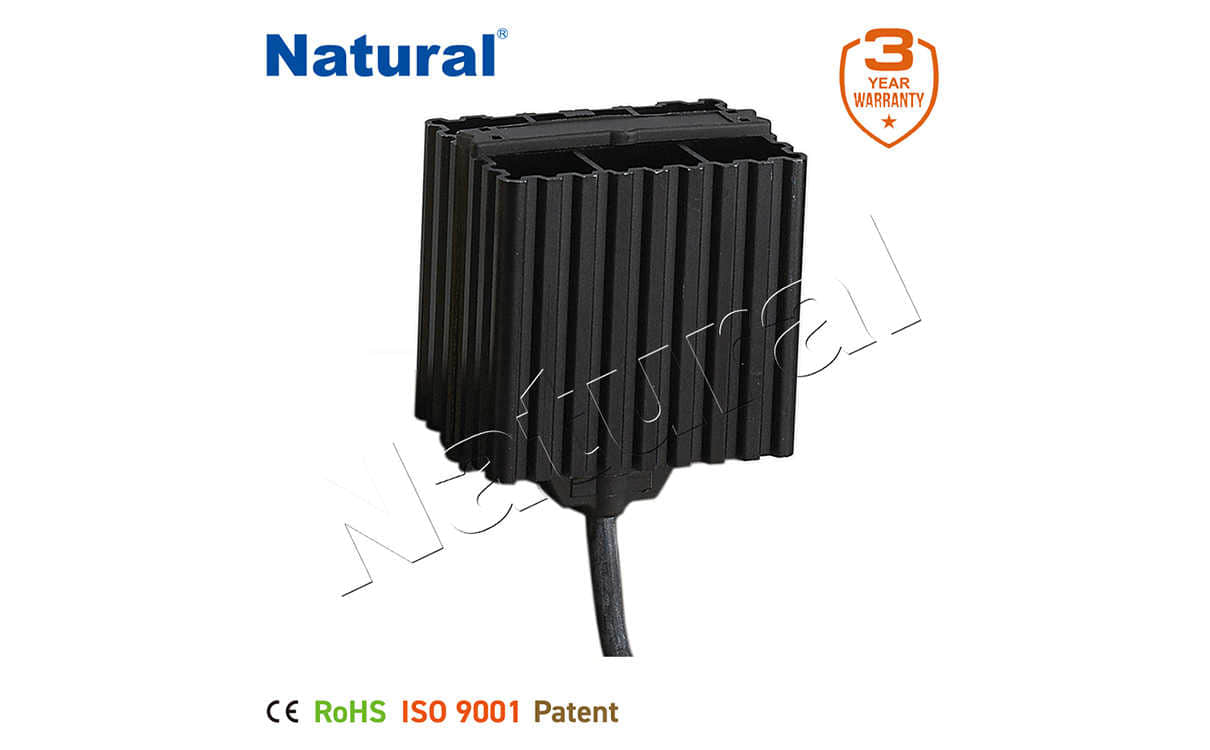understanding the efficiency and safety of ptc heaters
Release time:2025-08-04 17:20:55
PTC (Positive Temperature Coefficient) heaters have become increasingly popular due to their unique self-regulating properties, making them an excellent choice for various heating applications. From household appliances to automotive and industrial systems, PTC heaters are widely used for their energy efficiency, safety features, and durability. In this article, we will explore the fundamentals of PTC heaters, their advantages, and common applications.

What is a PTC Heater?
A PTC heater is a type of heating device that uses materials with a Positive Temperature Coefficient (PTC) to regulate the temperature. PTC materials are typically ceramic, and they exhibit a remarkable property: as their temperature increases, their electrical resistance increases as well. This means that when the temperature of the PTC heater rises, the resistance increases, limiting the flow of current and preventing the device from overheating. This self-regulating nature of PTC heaters makes them distinct from traditional heating elements, which require external temperature control mechanisms.


 28 items Patent
28 items Patent
 28 items Patent
28 items Patent
 28 items Patent
28 items Patent










